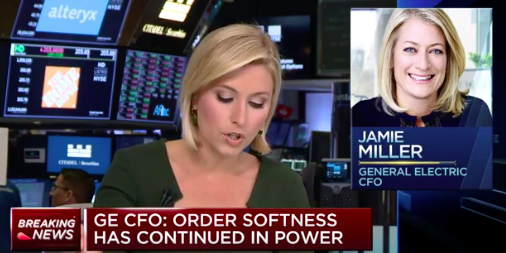
Tasting Napa cabs at a local bar with my former CPA of twenty years, we got to talking about why we always got along so well. “I don’t know how you put up with me,” I said, taking a sip of a Lateral Bordeaux blend, “but I’ve always gotten along with bean counters.”
“That makes two of us,” said my retired friend.
“You mean you get along with other finance guys?” I said.
“No,” he said, “I don’t know how I put up with you either.”
That’s when I realized why we’d always gotten along so well. Same sick sense of humor.
Truth is, the finance guys I’ve worked with over the years have made some of the best senior executives, bar none. I can think of at least eight CFOs / finance veeps I would work with again anytime, anywhere. And some of them went on to become highly effective COOs and CEOs.
Between the constant pressure to perform and the inevitable conflict over critical issues that crop up almost daily, boardrooms can sometimes feel more like pressure cookers than conference rooms. In the midst of the melee it helps to have level-headed friends who have your back.
As the marketing and sales guy on leadership teams made up mostly of engineers and technologists, I didn’t always get a lot of respect. It took a lot of time and effort to earn credibility from the geeks in the room and make things happen. The last place on Earth I expected to find support was from the CFO.
Not only did those guys get what I brought to the table, they always brought a sense of calm and stability to the management team. And believe me, that was often needed to balance out the typically mercurial founders and their penchant for changing direction on the fly.
Wherever my career took me, I’ve always found the finance guys to be key partners. These are my impressions of some of the benefits they bring to leadership teams.
Attitude toward risk. The action never stops in the fast-paced, hyper-competitive tech industry. While CEOs and marketers like me usually push the envelope to stay ahead of the game, finance guys tend to have a far more conservative attitude toward risk. At a minimum they ask a lot of tough questions, which is always a good thing.
Planning. CFO-led planning processes are necessary for any company of any size to grow profitably. Besides operating and budget planning, I’ve often partnered with finance to run strategic planning processes, as well. Granted, companies want to retain their entrepreneurial spirit but some structure is needed.
Metrics. I may be the first and only marketing guy to say this, but I’m pretty big on metrics. If you can’t measure it, you can’t manage it. One of the reasons that marketing has a bad rap is that marketers play it fast and loose with their budgets without demonstrating ROI. Finance is big on metrics. Marketers should be too.
Perspective. In my experience, finance guys are generally introverted. While I feel at home going out and conquering the marketplace, their comfort zone includes sitting at their desks crunching numbers. In the heat of competitive battle, management teams need someone to take care of business and provide much-needed perspective.
Order. While I do believe that inertia – the status quo – is the silent killer of companies, that’s not to say that stability and consistency play no role in business success. It’s a balancing act, to be sure. Every finance guy I’ve ever worked with was like a calm in the storm: a solid, substantial presence in the chaos of corporate America.
A version of this originally appeared on FOXBusiness.com.
Image credit CNBC screenshot